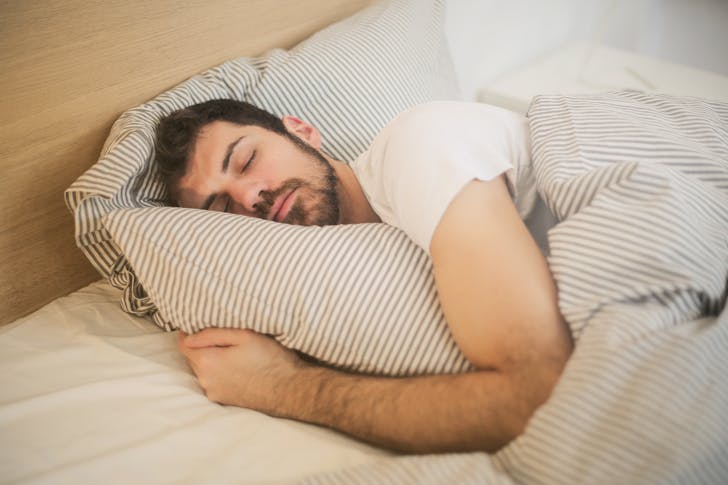Have you ever wondered how top athletes recover so fast and perform at their peak? It is not just training and nutrition. It is sleep hygiene. That means consistent habits that ensure deep, restorative sleep. Without it, their reaction times slow, injuries pile up, and performance drops.
You don’t need to be a pro athlete to benefit, though. The same strategies that help them wake up refreshed can work for you.
What Is Sleep Hygiene?
Sleep hygiene is all about creating the right conditions for quality rest. It is not just about getting eight hours, though. Instead, it is about making those hours count. That means a cool, dark room, a steady bedtime, and habits that tell your brain it is time to wind down.
Athletes take this seriously because sleep is when the body repairs muscle, balances hormones, and strengthens the mind. You might not be training for the Olympics. But if you are waking up groggy and relying on caffeine to function, it is time to fix your routine.
Here is how elite athletes master sleep - and how you can too:

Olly / Pexels / To maintain good sleep hygiene, create a sleep schedule and stick to it.
Stick to a Sleep Schedule
Athletes don’t guess when to sleep. They have a strict schedule. They hit the pillow at the same time every night, even on weekends. This trains their body to fall asleep faster and wake up naturally, without an alarm.
You can do the same. Set a bedtime and stick to it, even when you feel tempted to scroll or watch "just one more" episode. Your body will adjust, and soon, you will fall asleep faster and wake up feeling sharper.
Create a Pre-Sleep Ritual
Before bed, athletes don’t just crash. They follow a wind-down routine. Some stretch, others meditate, and many avoid screens entirely. This signals to the brain that it is time to relax.
Try it. Spend 30 minutes doing something calming. It could be reading, journaling, or sipping herbal tea. Ditch the phone and let your body shift into sleep mode. Your brain needs this transition to shut down properly.
Optimize Your Sleep Environment
Athletes don’t sleep in chaotic rooms. Their bedrooms are dark, cool, and quiet - ideal conditions for deep rest. Many use blackout curtains, white noise machines, and cool bedding to keep their sleep uninterrupted.

Mark / Pexels / Your room should feel like a sleep sanctuary. Block out light, lower the temperature, and keep distractions away.
If noise is an issue, grab some earplugs or turn on a fan. Small changes can make a big difference.
Watch What You Eat and Drink
Athletes don’t fuel up on sugar and caffeine before bed. They eat light, avoid alcohol, and stay hydrated, but not too much. No one wants to wake up for a bathroom trip at 3 AM.
You can do the same. Skip heavy meals, coffee, and alcohol before bed. If you are hungry, try a protein snack like Greek yogurt or almonds. Your body will rest better without sugar spikes and late-night digestion struggles.
Manage Stress Before Sleep
Top athletes have high-pressure lives, but they don’t take stress to bed. They use breathing exercises, visualization, or journaling to clear their minds before lights out. This helps them sleep deeply without tossing and turning.
Try writing down your thoughts before bed. Make a list of tomorrow’s tasks so your brain doesn’t keep spinning. If stress keeps you awake, experiment with guided breathing or calming music. A clear mind leads to better sleep.




